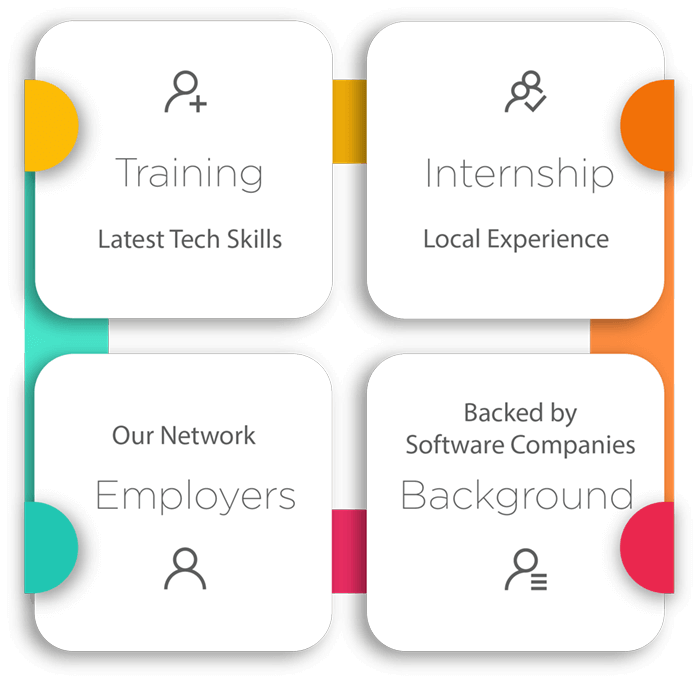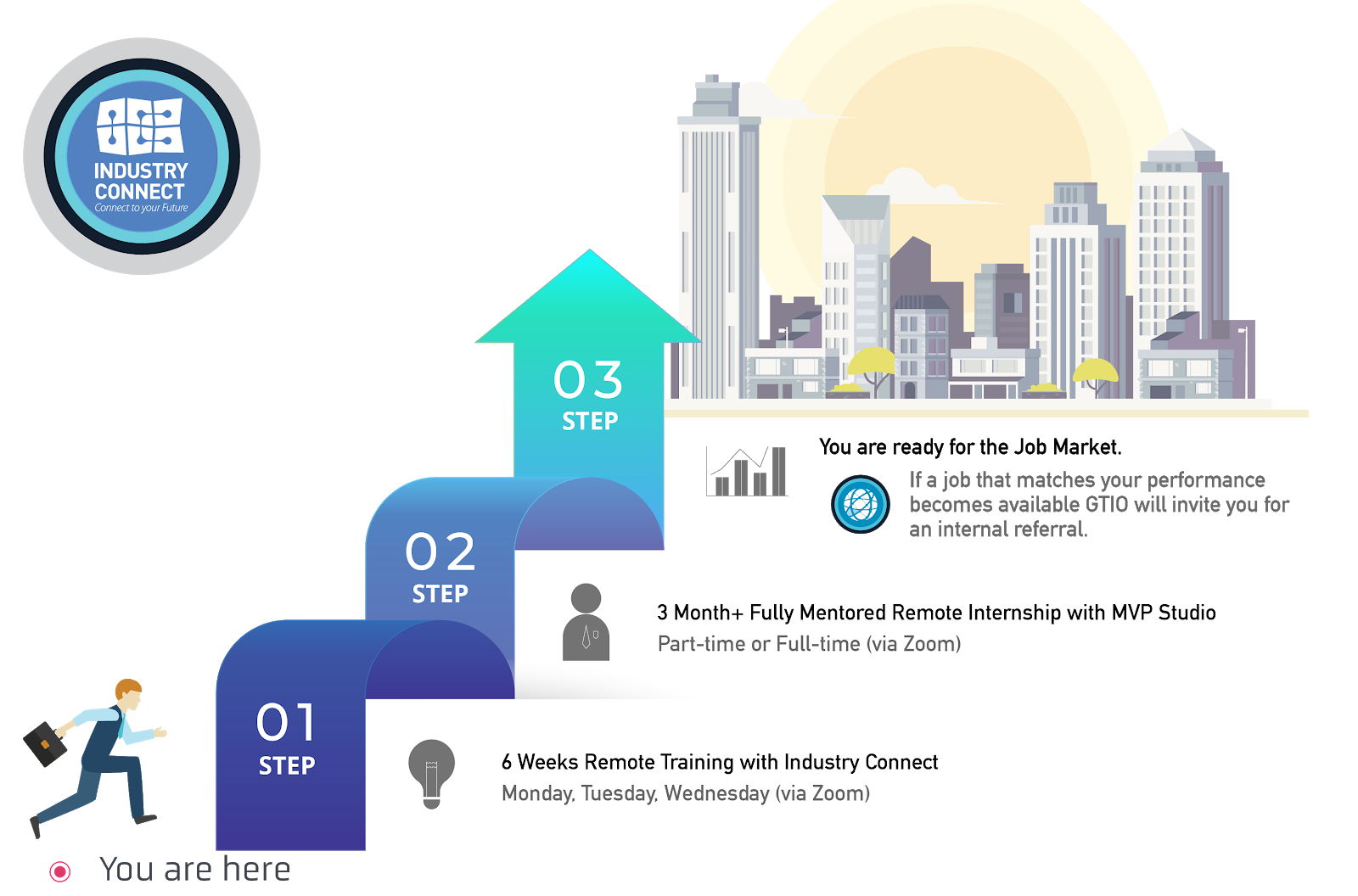In the rapidly evolving landscape of software development and quality assurance, automation testing has emerged as a pivotal force in ensuring efficiency, reliability, and speed in project delivery. While manual testing still holds its place in certain scenarios, the shift towards automation testing is increasingly becoming a norm, driven by the need for faster releases, higher test coverage, and improved software quality.
Evolution from Manual to Automation Testing
Traditionally, manual testing has been the cornerstone of software testing, relying on human testers to execute test cases, validate functionality, and identify bugs. While manual testing provides a thorough understanding of user interactions and real-world scenarios, it is inherently time-consuming, resource-intensive, and prone to human error. As businesses strive to shorten development cycles and respond swiftly to market demands, automation testing presents a compelling solution.
Advantages of Automation Testing
- Speed and Efficiency: Automation testing accelerates the testing process by executing repetitive test cases and regression tests swiftly and consistently. This speed enables teams to release software updates at a faster pace without compromising quality.
- Increased Test Coverage: Automation allows for comprehensive test coverage across various operating systems, browsers, and device platforms. Test scripts can be reused and run simultaneously, ensuring that critical functionalities are thoroughly validated.
- Cost-Effectiveness: While the initial setup of automation frameworks and scripts may require investment, automation ultimately reduces long-term testing costs. It minimizes the need for large testing teams, lowers the risk of post-release defects, and enhances overall ROI by freeing up resources for more strategic tasks.
- Accuracy and Reliability: Automated tests execute predefined actions precisely, reducing the likelihood of human errors that can occur in manual testing. Consistent test execution leads to more reliable results and helps maintain the integrity of software functionality across different environments.
- Support for Agile and DevOps Practices: Automation aligns seamlessly with Agile development methodologies and DevOps practices by facilitating continuous integration and continuous delivery (CI/CD). Automated tests integrated into CI/CD pipelines enable rapid feedback loops, allowing teams to detect and address issues early in the development cycle.
Upskilling to Automation Testing
For professionals in the IT and software testing fields, upskilling in automation testing is not just beneficial but essential in staying competitive and relevant in today’s job market. By acquiring proficiency in automation tools, scripting languages (such as Selenium, Appium, or Cypress), and test automation frameworks (like Robot Framework or TestNG), testers can significantly enhance their career prospects and contribute more effectively to their organizations. Upskilling in automation testing enables:
- Career Growth: Automation testers are in high demand across industries, from startups to enterprise-level organizations. Their expertise in designing, implementing, and maintaining automated test suites positions them as valuable assets in agile development teams.
- Adaptability: As businesses increasingly prioritize automation, testers who possess automation skills can adapt to evolving technologies and methodologies, ensuring their skills remain relevant in a rapidly changing industry landscape.
- Efficiency in Project Delivery: By integrating automation testing into project workflows, testers can expedite release cycles, reduce time-to-market, and support business objectives of delivering high-quality software products efficiently.
Conclusion
In conclusion, while manual testing retains its importance for certain aspects of quality assurance, automation testing offers unparalleled advantages in terms of speed, efficiency, and scalability. By upskilling to automation testing, professionals not only enhance their career prospects but also empower their organizations to achieve faster project deliveries, improved software quality, and enhanced customer satisfaction. Embracing automation testing is not just a trend but a strategic imperative in the modern age of software development.
By investing in automation skills today, testers can pave the way for a more efficient, agile, and successful future in the dynamic realm of IT and software testing.
WANT TO FIND OUT MORE ABOUT OUR TEST ANALYST JOB-READY PROGRAMME?
Get our Information Pack today here: https://www.industryconnect.org/apply/
MEET JANANI ANBAZHAGAN
Janani and her family moved to New Zealand. After raising her family, she was an ECE reliever and in August 2023 decided to get back into her Test Analyst career that she had when she was back in India. Check out the video below where she shares her journey and gives some tips and advice to those that are wanting to get back to their IT career after a big break.
What is Industry Connect?
Industry Connect is an IT/Software Career Launchpad that has everything you need
to kick-start your IT/software career in AU, NZ, UK, IE, SG, HK, IN, ID, VN & PH.

We have been helping career changers, recent IT graduates and people with a career gap
to start their IT/software careers.
Over the years, we have helped hundreds kick-start an IT/software career.
(Verifiable evidences are available on this website)
OUR CORE
We are an innovative software training school backed by global/local software companies.
Our ecosystem is an incubation process that supports our participants until they launch
a tech career.

OUR PROGRAMMES
Our Job-Ready training programmes focus on:
- Software Development
- Business Intelligence (or Data Analyst)
- Test Analyst
PROGRAMME STRUCTURE
- Six Weeks Training Classes (Practical Tech Skills)
- Three Months (or more) Structured Internship on Large Commercial-Scale Projects (flexible hours)
- Employer Network (job analysis and internal referral if goals are met)
You can join us via Zoom (live face-to-face meeting) remotely from anywhere and
“download” the valuable knowledge & experiences from our tech experts across
different tech centres.
Watch 300+ Stories of Career Starters in IT/Software
- Career Changers & Switch to IT
- Recent Graduates
- People with a Career Gap
- New Software Developers
- New BI or Data Analysts
- New Test Analysts
Click the image to watch those who changed their careers to IT, had gap years and recent IT graduates.









